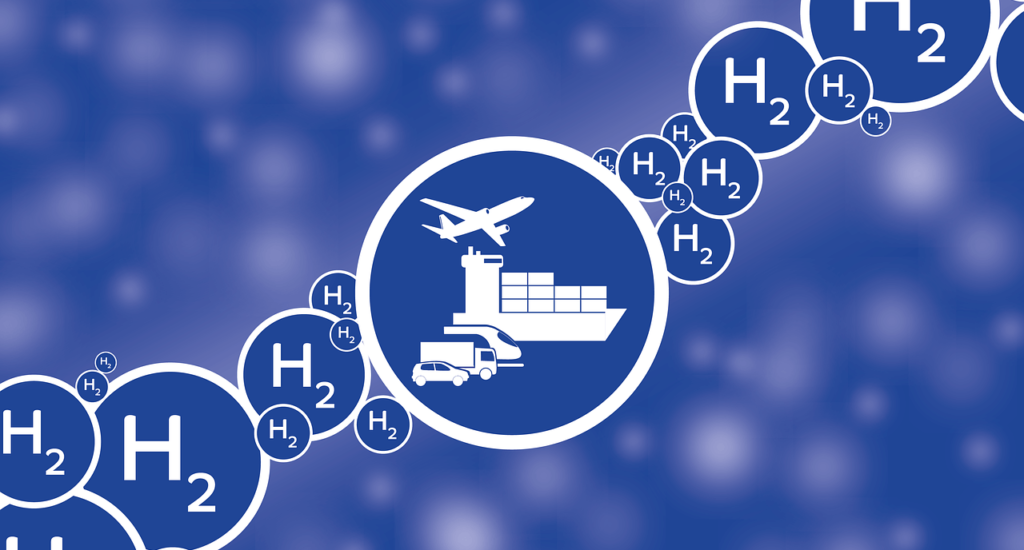The current climate presents challenges for transportation companies, particularly in the European Union where fleet operators must adhere to strict CO2 emission reduction requirements by 2030. These standards dictate a 45% decrease in emissions between 2030-2034 compared to 2019 levels, posing a dilemma for companies, as electric trucks are not yet suited for long-distance travel. Recognizing these challenges, Daimler Truck is in the process of developing hydrogen trucks, which offer faster refueling times and cater to the needs of the transportation industry.
In the second quarter interim report, Daimler Truck recorded a significant decline in key figures compared to the previous year. Group sales decreased by 15% to 112,195 units, while revenue fell to EUR 13.3 billion, a 4% decrease from the previous year. EBIT and adjusted EBIT also saw declines of 22% and 18%, respectively, with consolidated net profit dropping by 21% to EUR 789 million. Consequently, the management revised their annual revenue and profit forecasts downwards.
Despite these setbacks, Daimler Truck anticipates sales of 460,000 to 480,000 units and revenue between EUR 53 and 55 billion for the full year 2024. An adjusted return on sales in the industrial business of 8% to 9.5% is also projected, reflecting the subdued demand in uncertain markets. Notwithstanding the disappointing figures, seven analysts have rated the company’s shares as a “buy,” with price targets ranging from EUR 46 to EUR 56 per share.
In a proactive move to reduce emissions, transportation companies can consider utilizing DynaCERT’s patented HydraGEN™ technology. This solution is designed to decrease fuel consumption in diesel vehicles by up to 10% while reducing harmful emissions like CO2 and Nox through the use of hydrogen and oxygen. DynaCERT recently appointed Bernd Krüper as president, emphasizing the company’s commitment to global growth and innovation in environmentally friendly technologies.
Furthermore, DynaCERT’s pending certification under the Verified Carbon Standard (VCS) has the potential to create a new revenue stream through CO2 certificates and validate CO2 savings for customers. Additionally, the company’s investment in Cipher Neutron is expected to yield results, with plans to construct two 250 kW electrolysers for Simon Fraser University. As of the latest trading session, DynaCERT’s shares closed at C$0.21.
Plug Power, on the other hand, is focusing on establishing a comprehensive ecosystem for green hydrogen infrastructure, including production, storage, delivery, and energy generation. Despite these ambitious plans, the company’s latest quarterly figures fell short of expectations, with a 45% revenue decline in the second quarter. Plug Power is optimistic about its future prospects, citing progress in production capacity expansion and strategic partnerships as key drivers for growth.
While these developments indicate potential opportunities for investors, it is important to consider the inherent risks associated with investing in financial instruments. The content provided in this article is for informational purposes only and should not be construed as investment advice. Readers are advised to conduct their own research and seek expert guidance before making any investment decisions based on the information presented.


